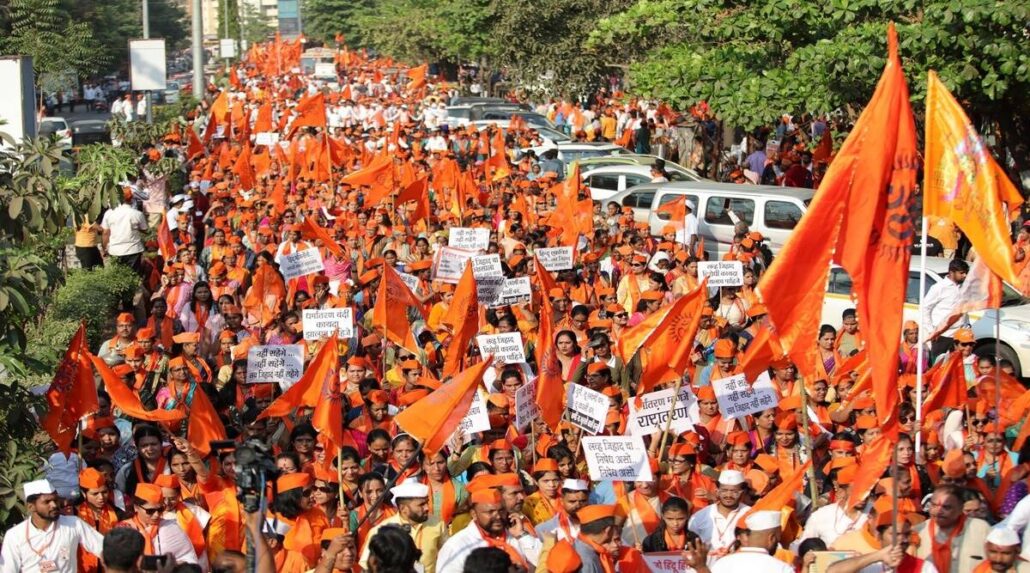
In 2023, India bore witness to a distressing surge in anti-Muslim hate speech incidents, averaging close to two occurrences daily, as detailed by the India Hate Lab (IHL), an esteemed research group headquartered in Washington, DC.
The findings unveiled a stark reality: a staggering 75 percent of these reprehensible acts unfolded within states governed by Prime Minister Narendra Modi’s Bharatiya Janata Party (BJP), highlighting a concerning trend deeply embedded within the political landscape.
The temporal alignment of these hate speech surges, notably peaking between August and November, coincided with pivotal political campaigns and polling endeavors across four significant states.
Such synchronization underscores a disconcerting correlation between political discourse and the proliferation of hate speech targeting Muslim communities, raising alarming questions about the exploitation of communal tensions for electoral advantages.
IHL’s meticulous documentation revealed the pervasive dissemination of hate speech across diverse platforms, including social media, political rallies, and mainstream media outlets. These platforms became breeding grounds for divisive narratives that vilified Muslims, fostering an atmosphere rife with fear, mistrust, and hostility.
Furthermore, IHL’s comprehensive research underscored the systemic nature of hate speech in India, with certain political figures and extremist groups consistently resorting to inflammatory rhetoric to advance their own agendas.
By exploiting communal tensions and promoting sectarianism, these actors perpetuated a vicious cycle of violence and discrimination that eroded the country’s social fabric and democratic values.
The detrimental impact of hate speech on the lives and well-being of Indian Muslims cannot be overstated.
Beyond the immediate psychological harm inflicted by derogatory language and incendiary rhetoric, hate speech served as a catalyst for violence, discrimination, and hate crimes against Muslim communities, exacerbating their vulnerability and marginalization within Indian society.
Moreover, IHL’s analysis delved into the broader socio-political context, unveiling factors such as rising religious nationalism, polarized media coverage, and impunity for perpetrators of hate crimes, which collectively fostered an environment conducive to the proliferation of anti-Muslim sentiment and rhetoric in India.
In light of these findings, IHL emphasized the urgent need for robust legal frameworks and enforcement mechanisms to combat hate speech effectively.
While existing laws theoretically address hate speech, enforcement remains inconsistent, allowing perpetrators to act with impunity. The report urged policymakers, civil society organizations, and grassroots activists to prioritize proactive measures aimed at promoting interfaith dialogue, tolerance, and understanding within Indian society.
Ultimately, IHL’s research served as a critical wake-up call for Indian society and policymakers alike, urging them to confront the scourge of hate speech and endeavor towards building a more inclusive and tolerant society.
By addressing the root causes of intolerance and discrimination, India can uphold its commitment to pluralism, secularism, and human rights for all its citizens, regardless of their religious affiliation.




